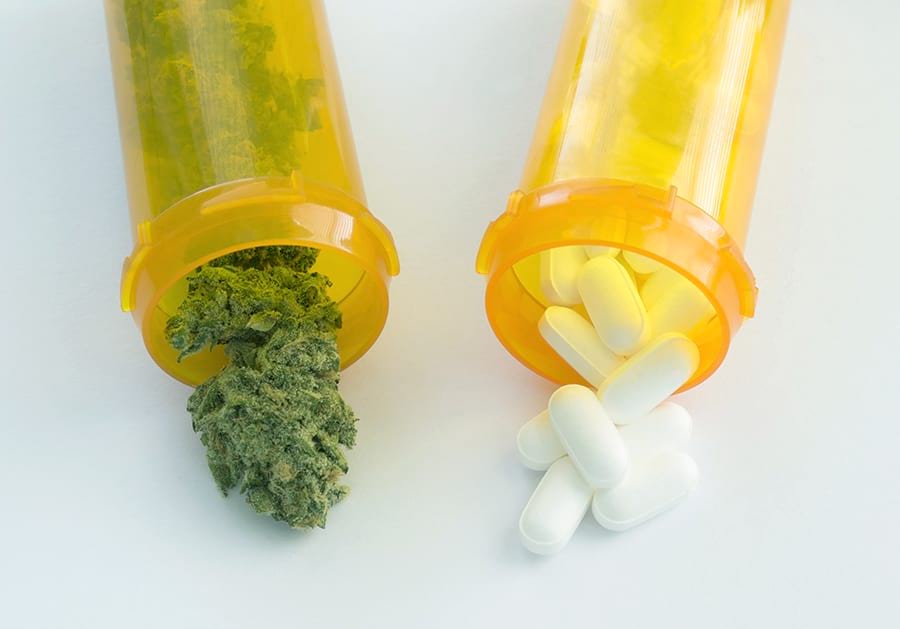Marijuana – it’s a numbers game. A new marijuana-derived drug to treat rare forms of severe epilepsy in children will cost about $32,500 per patient, per year. Epidiolex, the first cannabis pharmaceutical to be approved by the U.S. Food and Drug Administration (DEA), contains the active ingredient cannabidiol (CBD) but it does not contain psychoactive molecule THC, which generates the marijuana high.
“We expect to make Epidiolex available to U.S. patients this fall, following rescheduling, which is expected to occur within 90 days of FDA approval,” said GW Pharmaceuticals’ CEO Justin Gover. “We have been building commercial inventory in recent months and are in a position to ship product into the U.S. supply chain, once rescheduling is complete.”
Pfizer, GW Pharma, Merck & Co., and Sanofli are among the leading cannabis patent holders in Canada. Investments in plants for processing industrial hemp and pharmaceutical cannabis is currently in progress in Greece, says Dionysis Sarmazanidis, the director of Cannatec Greece, a company leading the sector.
Recent analysis on medical cannabis finds that the total revenue of this market in the U.S. is expected to soar to $22 billion in 2022. Based on a Quinnipiac poll released in 2018, support for medical cannabis in the U.S. mounted to 91 percent. Support comes from all demographics and across the political spectrum, with 95 percent of Democrats and 80 percent of Republicans in favor of legalizing medical marijuana. We should be reading headlines every day in the U.S. about Big Pharma’s responsible entry into cannabis but alas, that is not yet our reality.
The DEA still classifies cannabis as a Schedule I drug with no recognized medical benefit, even though more than half the states have legalized cannabis in some form.
There is reasonably strong evidence that cannabis can provide significant medical benefits for patients with muscle spasms caused by multiple sclerosis; nausea caused by cancer or cancer treatment; chronic pain, including neuropathic pain; and spinal injury. Thousands of studies prove the medical benefits of marijuana. But at what cost to the patient or consumer is cannabis available or unavailable? A cannabis product that is not cost-effective will leave a lot of people who need help left out in the cold. Who can afford to fight Big Pharma?
Global pharmaceutical companies block moves to make marijuana legal because they fear that their medicines will no longer have a place on the market. Big Pharma will have an impact on the future development of a legal cannabis market, but questions remain whether that future is bright.
